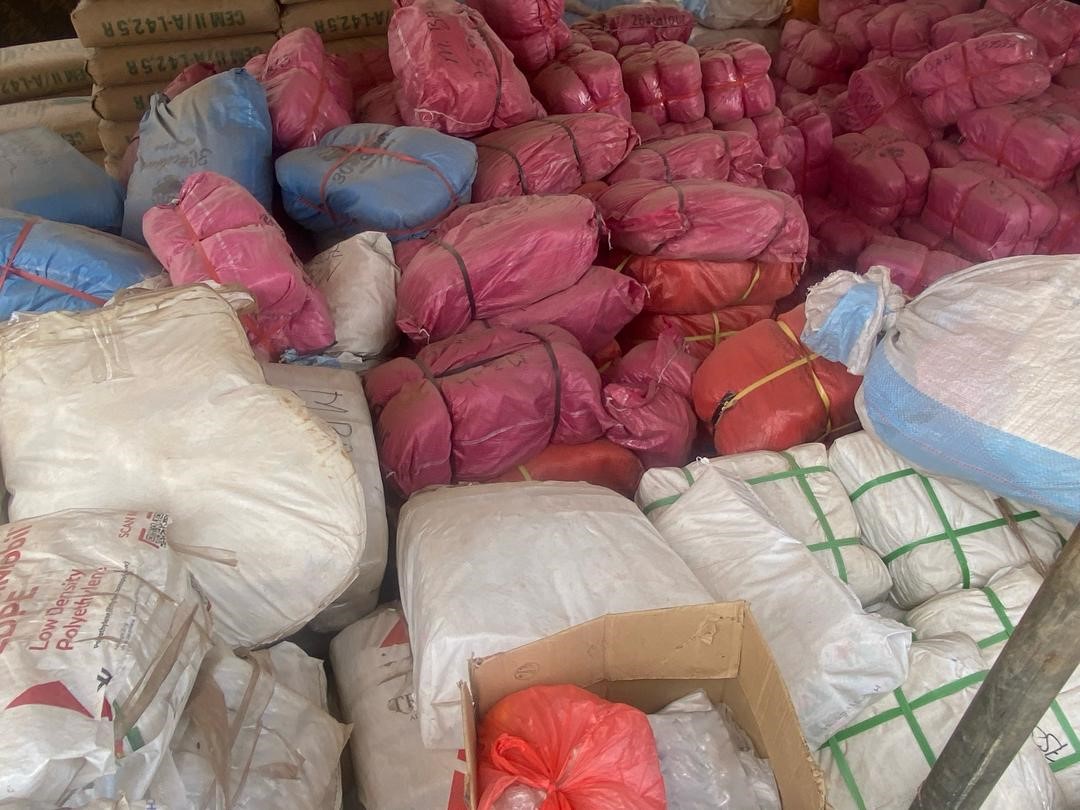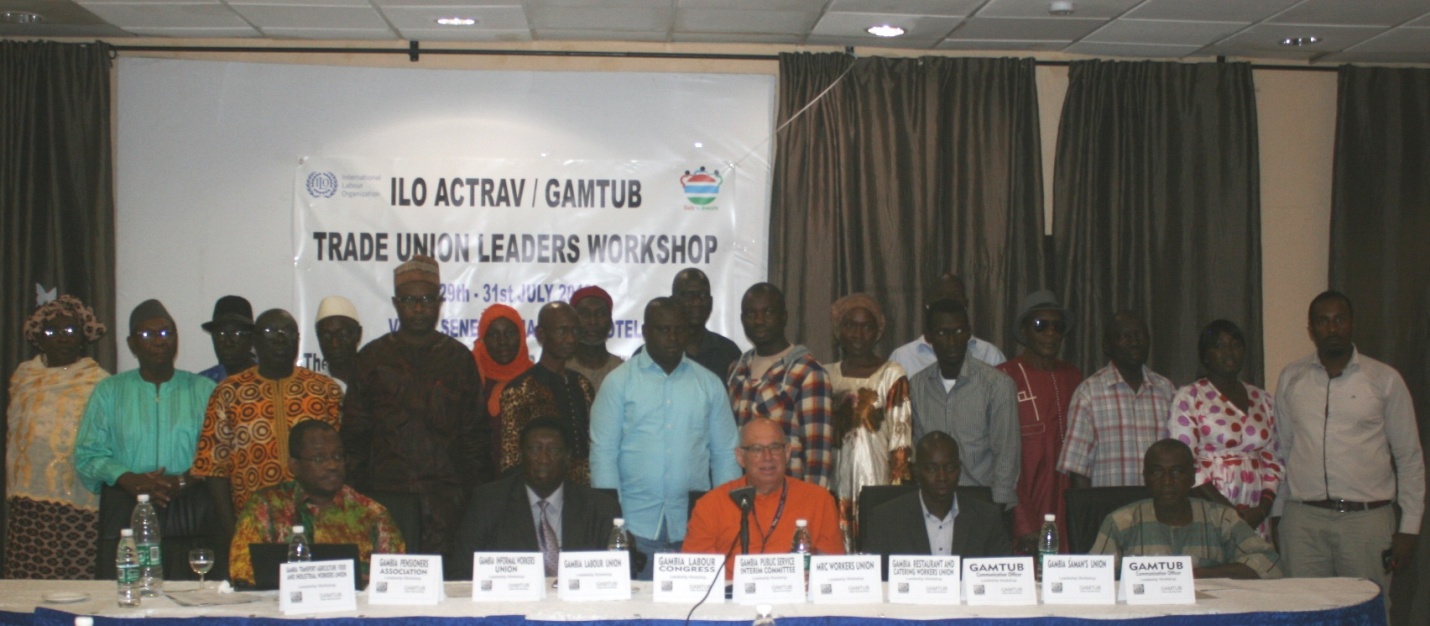By Haddy Youray
The World Bank Group has approved $30 million in financing from the International Development Association (IDA) to support Gambia in enhancing its productive potential.
A statement made available on Monday stated that the funding will also improve procurement systems, bolstering the economic governance of state-owned enterprises (SOEs), increasing domestic revenue mobilization, and reinforcing climate and social resilience.
The Gambia Second Boosting Resilience and Unlocking Productive Potential Development Policy Financing project is part of a comprehensive and coordinated support package designed to help the Gambia’s government preserve gains in reforms and socio-economic development as part of its COVID-19 pandemic recovery.
“While The Gambia is experiencing promising economic growth despite recent external challenges, structural obstacles remain. To fully unlock its growth potential and improve the living standards of its vulnerable populations, the country must prioritize and accelerate transformational reforms—precisely what this support aims to achieve,” said Wilfried A. Kouame, World Bank Senior Economist and Task Team Leader of the project.
Recent World Bank Group reports show that The Gambia’s economy grew by an estimated 4.8% in 2023, driven by strong performances in agriculture, telecommunications, services, and construction performances.
However, the economy remains heavily dependent on rain-fed agriculture and seasonal tourism, with a history of institutional fragility that heightens its economic vulnerability.
This budget support operation is designed to enhance the country’s capacity to accelerate private sector participation, strengthen procurement processes, boost the financial governance of state-owned enterprises (SOEs), improve domestic revenue mobilization (DRM), and bolster climate and social resilience.
“I commend the effort of the Government of The Gambia in providing an environment for transformational reforms. This financing will support the Government in implementing these reforms to create fiscal space for essential investments in human and physical capital. It will also enhance public financial management and support the development of key sectors including the private sector,” said Franklin Mutahakana, World Bank Group Resident Representative.
This operation aligns with the Gambia’s Recovery-Focused National Development Plan (2023–2027) and supports the green, resilient, and inclusive development agenda. It aims to enhance the country’s adaptation to climate change by improving its capacity for prevention, preparedness, and response to climate shocks.





